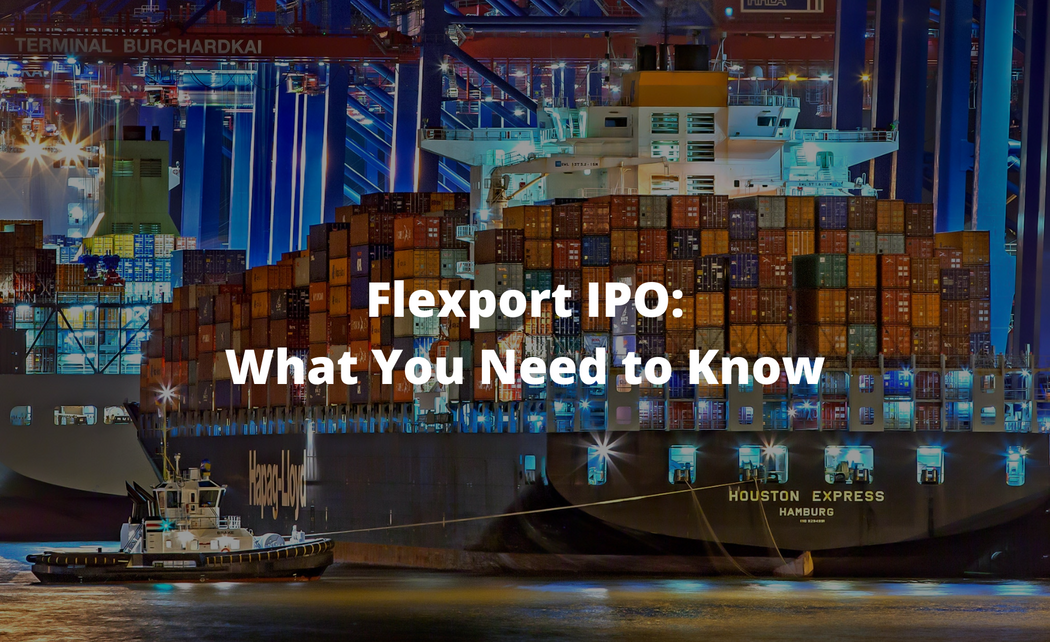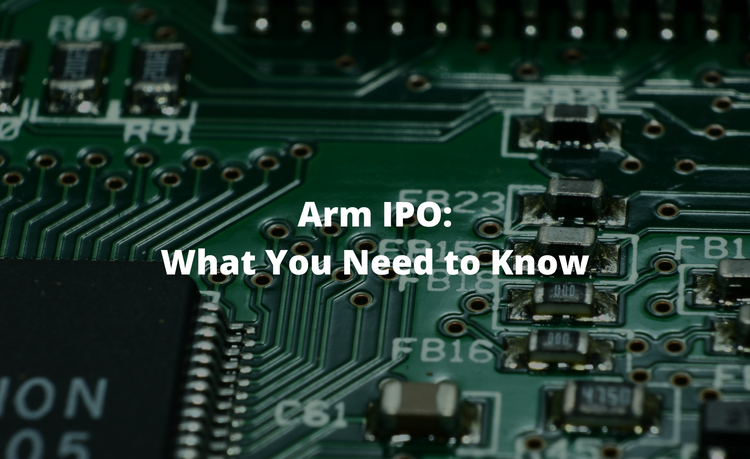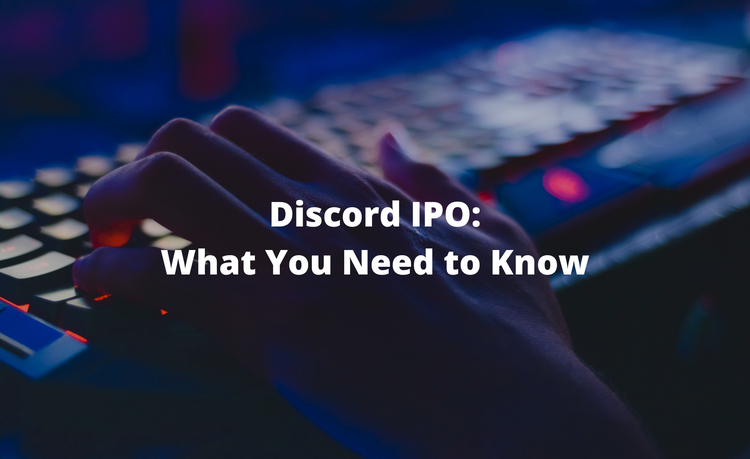In this guide, we'll discuss everything you need to know about the Flexport IPO, including:
- Flexport IPO: Overview
- History of Flexport
- Flexport CEO & Leadership Team
- Flexport's Venture Capital Funding History
- Summary: Flexport IPO
The research for this IPO review was partially done by our fine-tuned GPT-3 enabled IPO research assistant, which you can learn more about here.
Stay up to date with AI
Flexport IPO: Overview
Flexport is a supply chain management and logistics platform that allows buyers, sellers, and their logistics partners to automate orders, onboard suppliers, book logistics, track cargo, and more.
Flexport has seen rapid growth since its founding in 2013, and even faster growth in the past few years due to the pandemic-led global supply chain disruptions.
It's reported that the company has grown it's revenue from around $30 million in 2014 to $1.7 billion in 2020.Largely due to the global pandemic, Flexport then nearly doubled its revenue from 2020 to 2021, bringing in $3.2 billion.
In 2022, the company reportedly achieved it's first positive year in terms of earnings before interest and taxes (EBIT). Flexport was also said to be track for revenue of $5 billion in 2022. As the founder, Ryan Peterson writes:
We grew our revenue from $2M in 2014 to $3.3B in 2021. Our revenue forecast for this year is close to $5B. That’s ~2500X growth in 8 years! And unlike most venture-backed companies, we're profitable.
Flexport is a pivotal technology company in the freight forwarding industry with its automation and modern logistics platform, investors are eager for the Flexport IPO, as it offers a unique, forward solution to problems surrounding an outdated industry.
As a notoriously complex market, it’s safe to say the freight forwarding industry needs to undergo a significant technological overhaul, and Flexport is undeniablely forefront of industry disruption.
Despite this interest, the company has not officially filed its registration statement with the Securities and Exchange Commission (SEC) to begin the IPO process at the time of writing. Moreover, there have been no official announcements or plans from the company about a potential IPO quite yet.
History of Flexport
Founded in 2013 by Ryan Peterson, Flexport was initially created with the mission of modernizing and fixing the freight forwarding industry.
Specificially, it started as a solution to a problem, which is that the vast majority of international shipping processes were so technologically inferior to other major industries.
Given this lack of tech startups in the freight forwarding indsutry and signficant venture capital funding, they were able to take advantagte of both a strong balance sheet and the less competitive job market for tech talent. In terms of hiring growth, this year they're looking to add roughly 400 engineers to double its technical team by the end of 2023.
The company reportedly serves of 10,000 clients, suppliers in 112 companies, and in 2021 it moved nearly $19 billion in gross merchandise to clients.
Flexport CEO & Leadership Team
Ryan Peterson has served as CEO since its founding in 2013, although in June 2022 the company annouced that Dave Clark will serve as the new co-CEO of Flexport.
Clark joined the company in September 2020 after 20+ years at Amazon, Clark is said to be focusing on the company's employee growth and hiring aggressively, which aims to double its technical team by next year.
The company has over 3,200 employees as per LinkedIn and is reported to have had a hybrid work policy that requires employees to work for two to three days in the office.
Flexport's Venture Capital Funding History
Flexport has raised a total of $2.4B in funding over 18 rounds. Their latest funding was a$935 million Series E funding round, led by Andreessen Horowitz and MSD Partners and valued the company at $8 billion.
The company has also made 49 investments, with their most recent being on Nov 29, 2022 when Saltbox raised $35M. Flexport has also made 5 diversity investments, with their most recent being on Feb 24, 2022 when Emi Labs raised $11M.
|
Metric |
Value |
|
Revenue (2014) |
$30 million |
|
Revenue (2020) |
$1.7 billion |
|
Revenue (2021) |
$3.2 billion |
|
Revenue (2022) |
$5 billion |
|
EBIT (2021) |
Positive |
|
Funding (total) |
$2.4 billion |
|
Funding (latest round) |
$935M, Series E, Feb 2022 |
|
Valuation (Feb 7, 2022) |
$8B |
|
Investments (total) |
49 |
|
Investments (latest) |
Nov 29, 2022 |
|
Diversity Investments (total) |
5 |
|
Diversity Investments (latest) |
Feb 24, 2022 |
|
Investors (total) |
89 |
Summary: Flexport IPO
- Flexport has not officially filed its registration statement with the SEC to begin the IPO process, but investors are anticipating a potential public debut in the near future.
- The company reported consistent growth from around $30 million in 2014 to $1.7 billion in 2020, and nearly doubled its revenue from 2020 to 2021 amid the pandemic boom, bringing in $3.2 billion.
- In February 2022, Flexport recently raised $935 million led by venture capital firms Andreessen Horowitz and MSD Partners at a valuation of $8 billion.
- Flexport has raised a total of $2.4B in funding over 18 rounds, with their latest Series E funding announced on Feb 7th, 2022 as a Series E round.
- The company has 89 investors, including Hedonova and Kohlberg Kravis Roberts.
- Flexport has made 49 investments, with their most recent investment being on Nov 29, 2022, when Saltbox raised $35M.
- In 2021, the company moved nearly $19 billion in gross merchandise to clients, and offers its software to over 10,000 clients and suppliers in 112 countries.
- Dave Clark, former consumer chief at Amazon and now co-chief executive at Flexport, said the firm is taking advantage of its strong balance sheet and the less competitive job market for tech talents to hire over 400 engineers this year.






